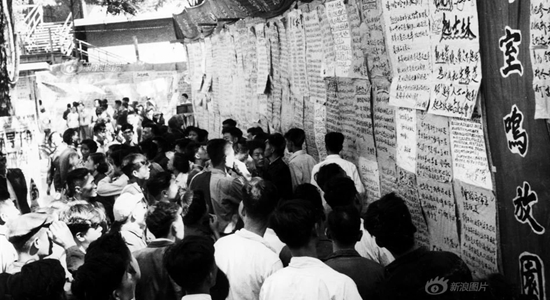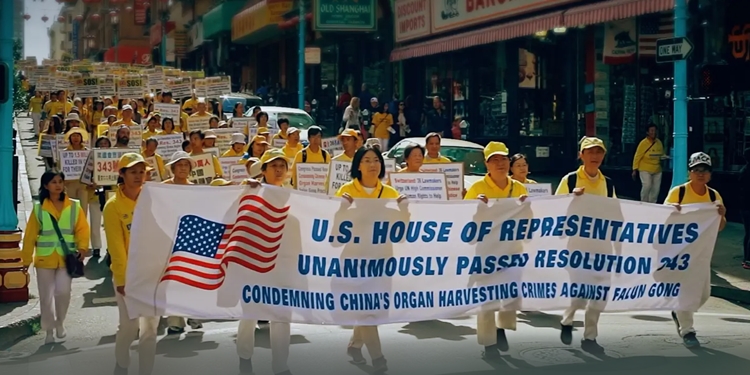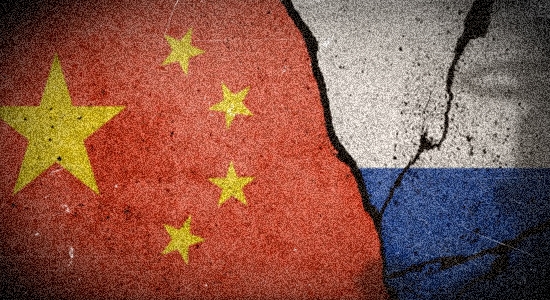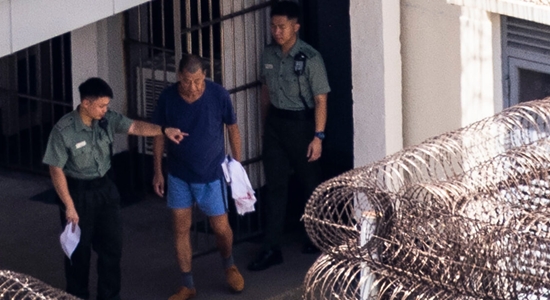
If you’re in China and wish to raise objections to proposed new rights-violating, liberty-restricting regulations by participating in a formal 30-day “consultation period”—watch out.
Even if the state or agents of the state like social-media companies don’t immediately punish you for raising objections, they may punish you after you object to being smeared and vilified by Chinese Communist Party adherents. This is what happened to Lao Dongyan (“China mutes law professor on social media after cybersecurity ID plan criticism,” South China Morning Post, August 8, 2024).
The Weibo account of criminal law academic Lao Dongyan from Tsinghua University in Beijing has been muted because she “violated relevant rules” according to a notice on her front page. The ban is understood to be in effect for 90 days.
Weibo has also forbidden users from following Lao’s account, giving the same reason. Lao currently has nearly 800,000 followers on the platform. Her last post on Tuesday night was quickly removed.
In it, Lao said she was the target of online attacks which she compared to the big character posters—da zi bao in Chinese—which were a popular way to attack political opponents during the Cultural Revolution….
In a long Weibo post on July 31, Lao likened the proposed cybersecurity system to the health code app introduced during the pandemic and said it would act like “a monitor for everyone’s online activities”.
She warned that accessing the internet or online services would effectively become “a privilege that requires permission to enjoy” and questioned the legal basis of the proposed regulation.
One of Lao’s harassers indicts her for “provoking confrontation between the people and the government.” Better, we’re to believe, to docilely submit to all that the state desires.
The Chinese government likes to pretend that it institutes all the same institutions and abides by all the same norms and processes and principles of a constitutionally safeguarded Western-style republican society at its best. So we often hear of “rights” (i.e., no rights), “freedom” (i.e., dictatorship), “democracy” (i.e., dictatorship), “rule of law” (i.e., rule of dictator), “consultation periods” in which a hundred flowers may bloom.
The pretenses about these concepts and values are apparently indispensable to the party-state’s propaganda and manipulations. But even rote and dishonest invoking of the political and cultural values that would if consistently practiced produce the opposite of totalitarianism and the one-party state may remind the Chinese of what they lack.
Also see:
New York Times: “China Wants to Start a National Internet ID System”
“The Ministry of Public Security and the Cyberspace Administration of China say the proposal is meant to protect privacy and prevent online fraud.”
Britannica: “China: Attacks on party members”
“ ‘Big-character posters,’ or large wall newspapers (dazibao), spread from the principal campuses in Beijing throughout the land, led by students such as Song Binbin.”





